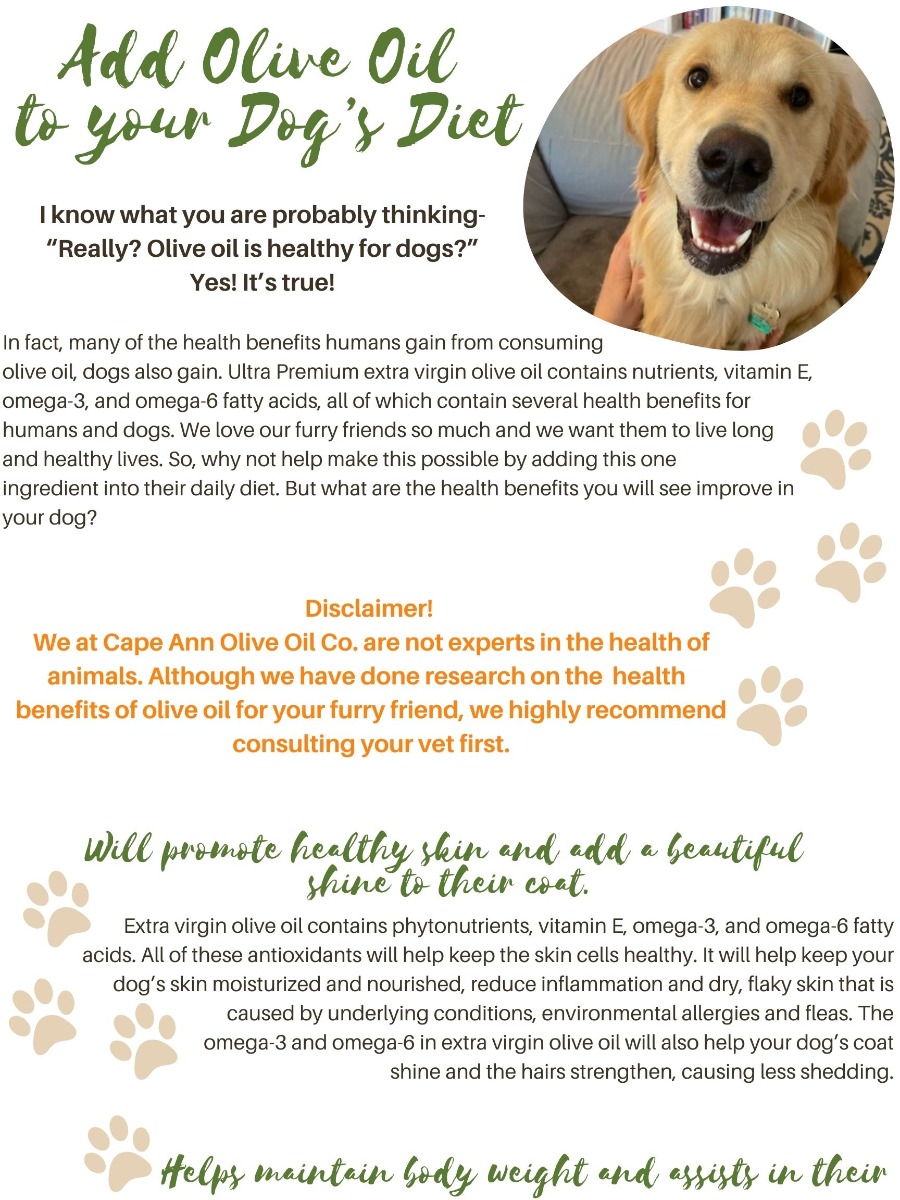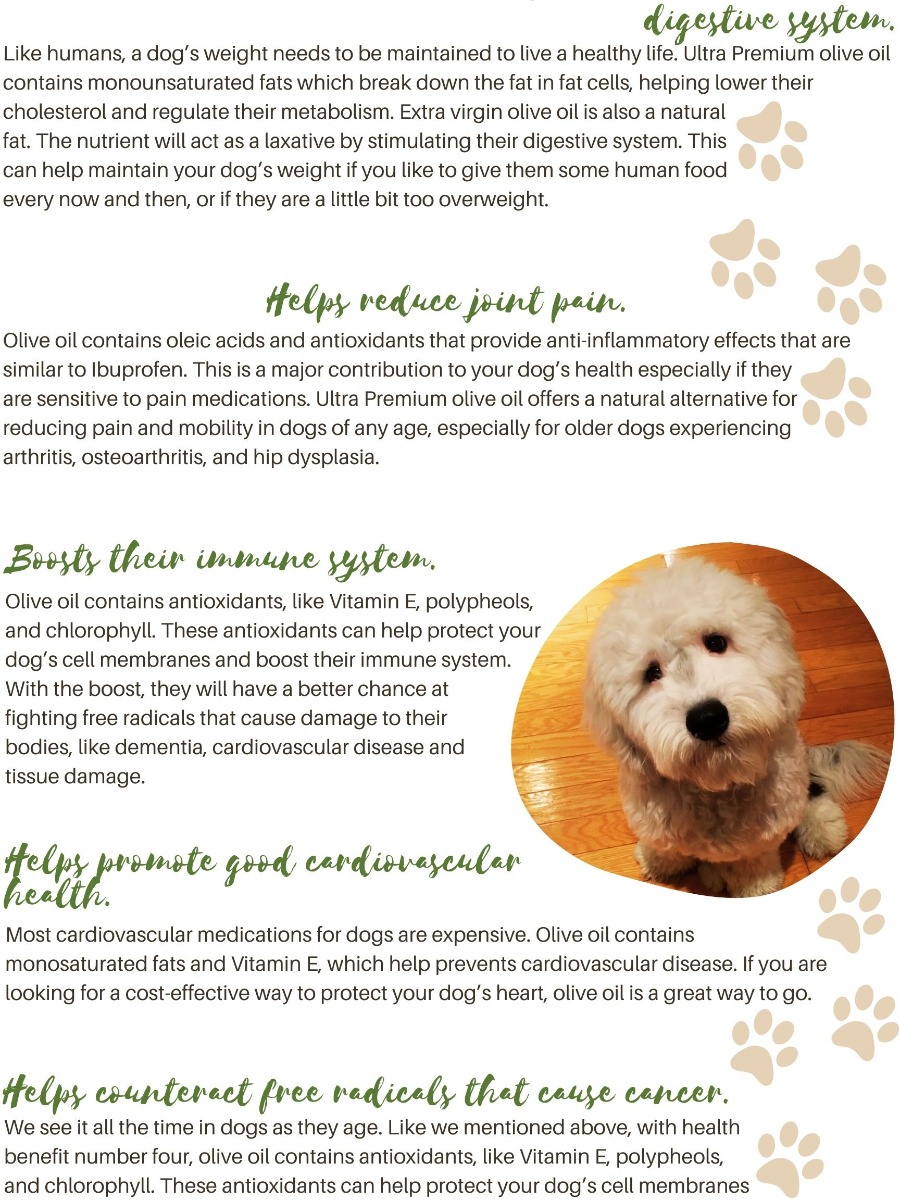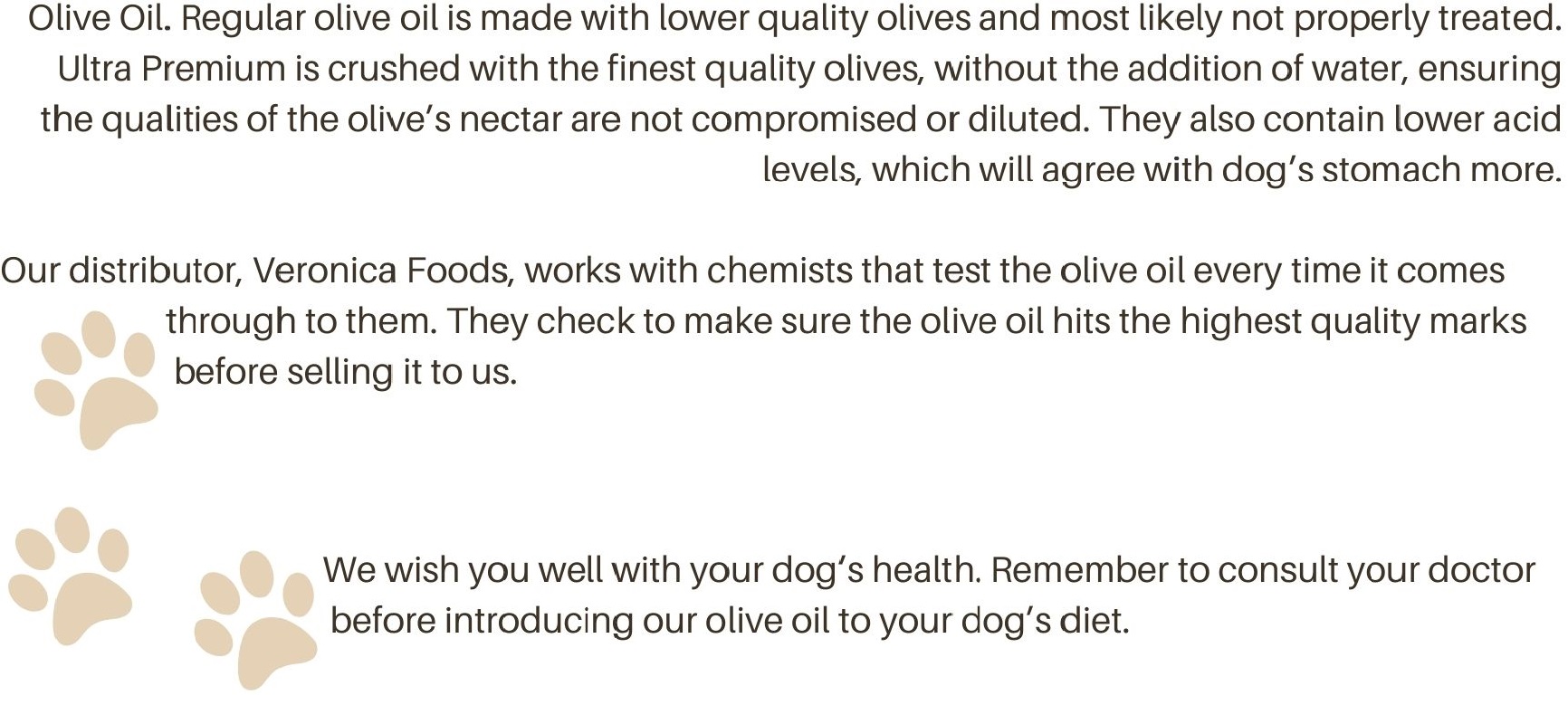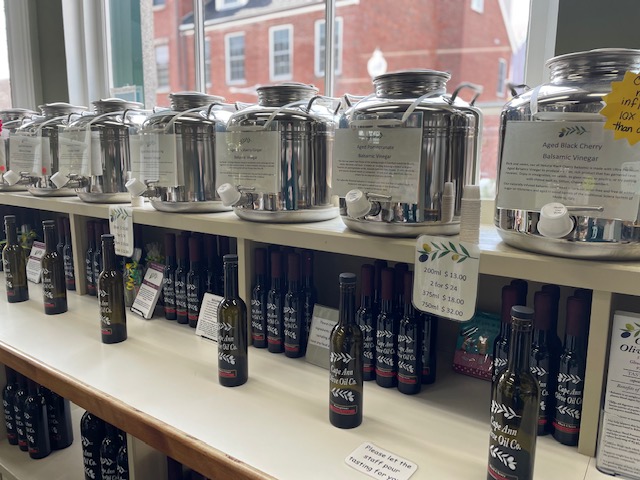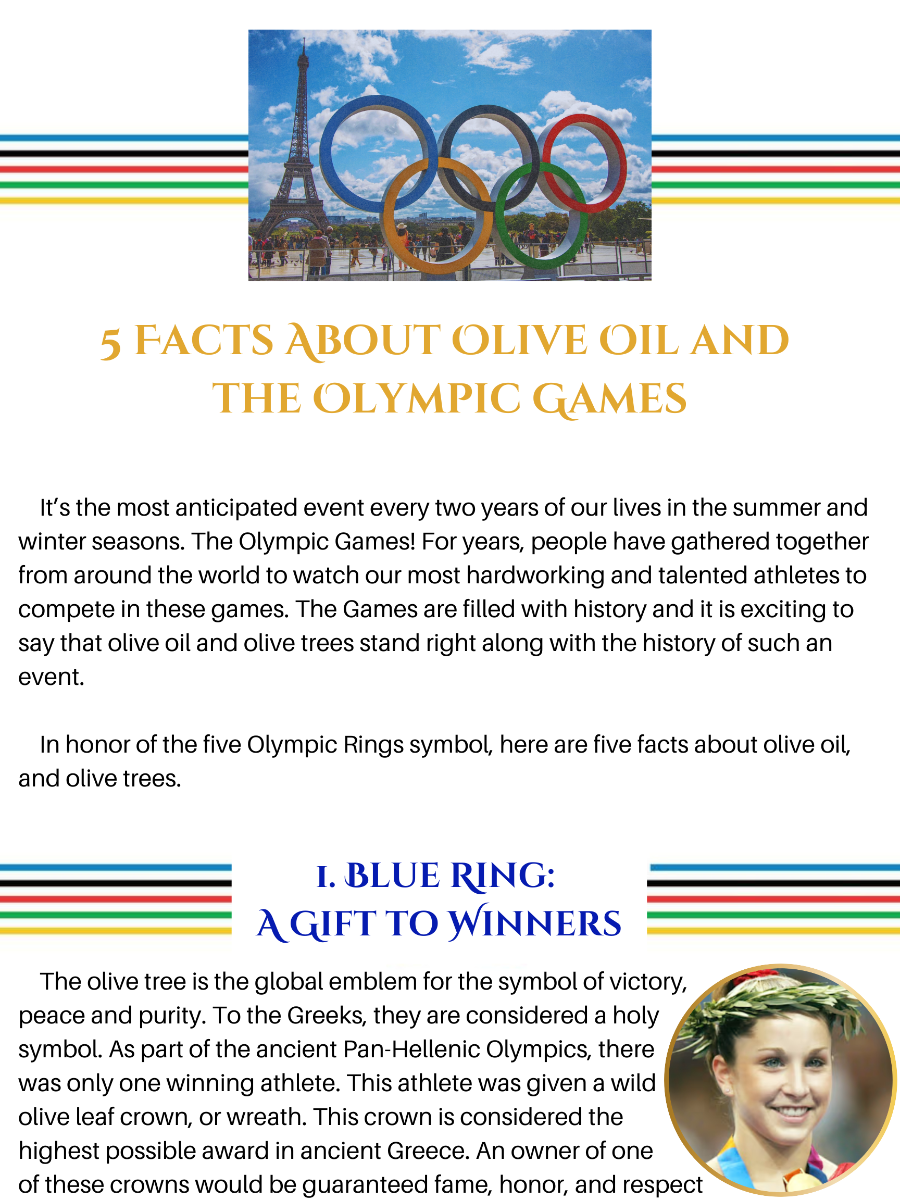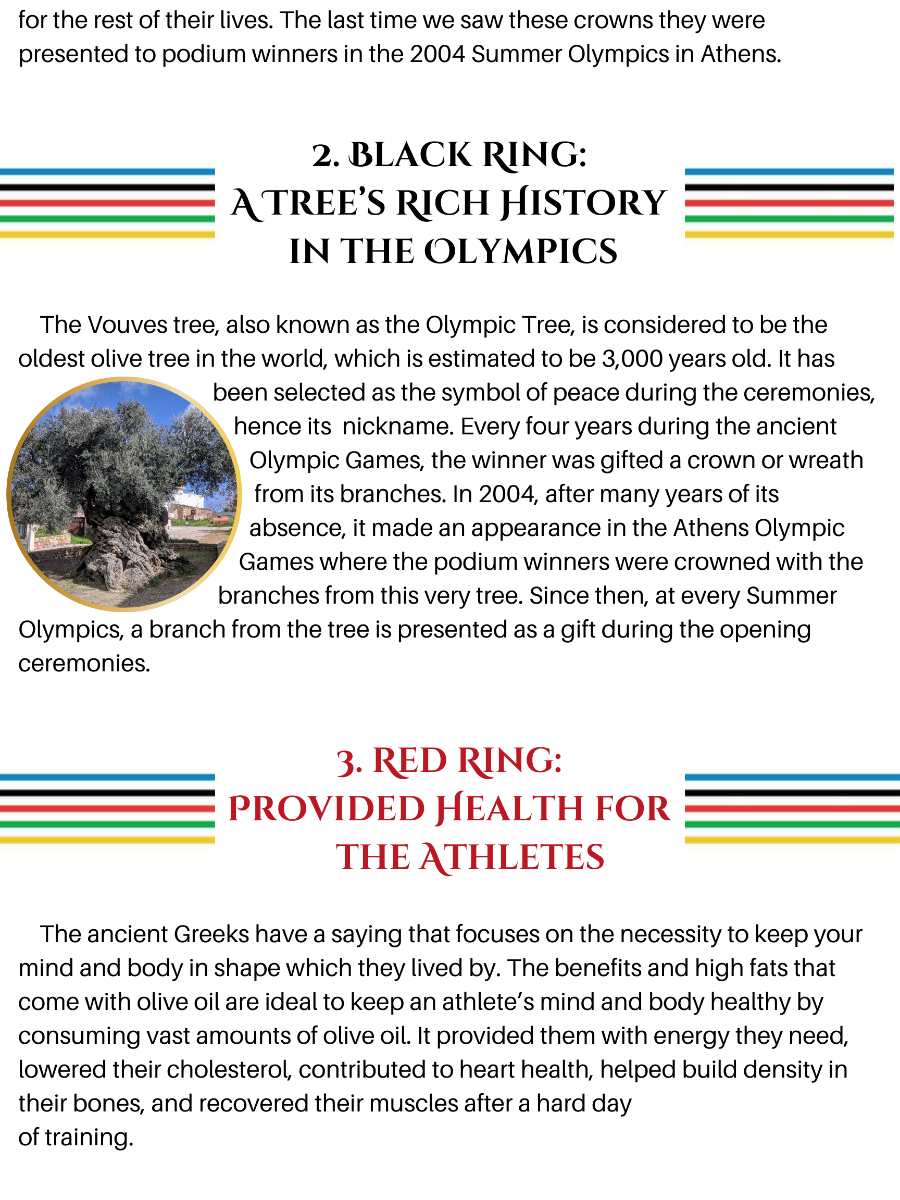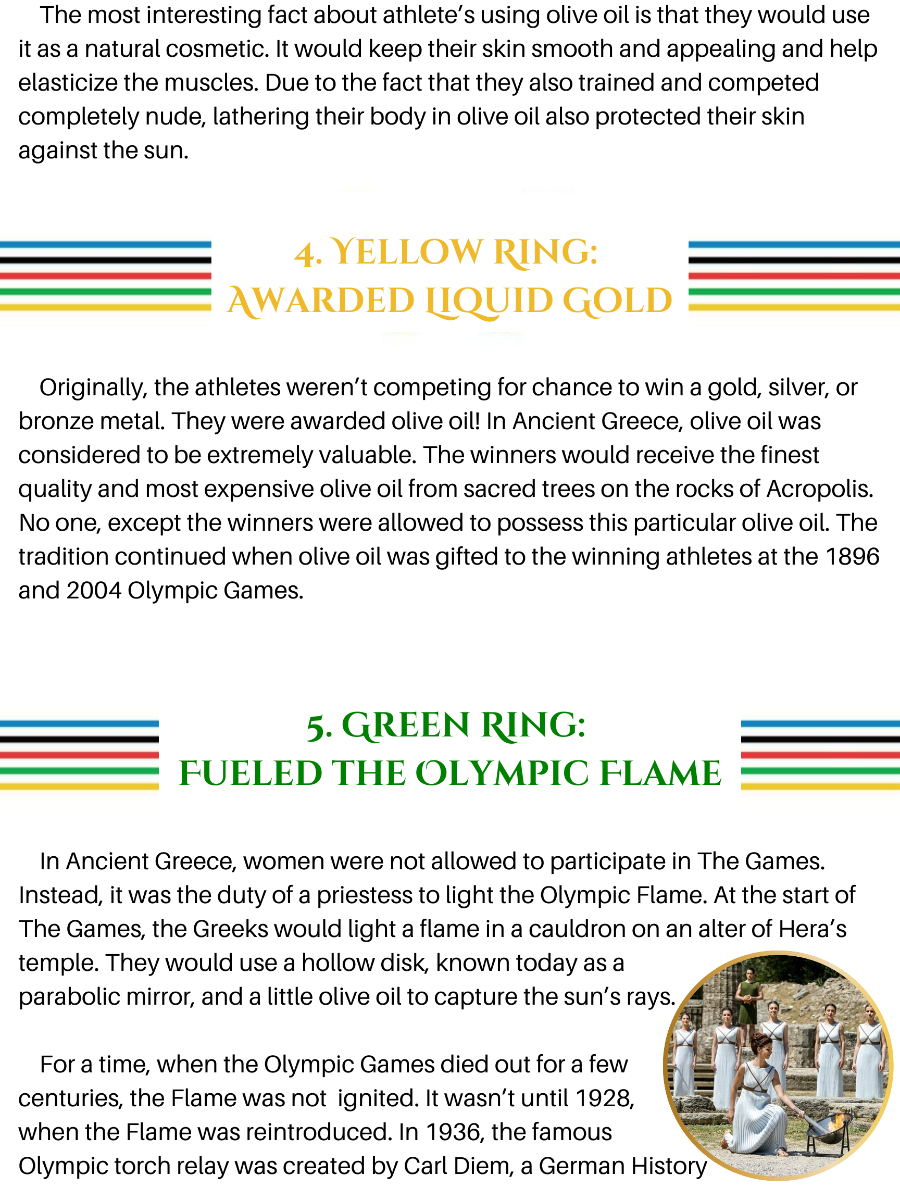Blog
Posted September 22nd, 2021
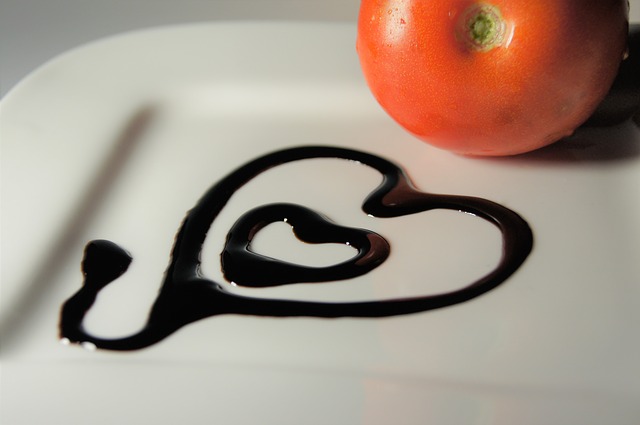
We always talk about the health benefits your body gains when adding our olive oil to your daily diet. Did you know that adding Balsamic Vinegar is also beneficial. Here is a list of how your health can improve when adding Balsamic Vinegar.
- Balsamic is an antiglycemic. It helps to regulate and plateau blood sugars for up to 5 hours after consumption.
- Helps aid digestion with Acetic acid (a probiotic) and boosts activity of pepsin to allow protein absorption and improve metabolism.
- Can help lower or maintain Cholesterol.
- May help improve skin health because of the antimicrobial compounds found in Balsamic Vinegar.
- May reduce Blood Pressure and Hypertension, and helps repair damage from free radicals and reduce hardening of the arteries and the effects of aging.
- Contains Biophenols which are antioxidants that protect from heart disease, cancers and inflammation.
- Supports weight loss by helping to feel more full from the probiotic compounds.
- Is a good source of Iron, Calcium, Potassium, Manganese, Phosphorus and Magnesium.
Posted September 22nd, 2021
There has been several discussions and research put into what makes olive oil so good for your body. It is a main focus in our shop! We love making sure you're consuming the highest quality oil so you can live a healthier life. Our Ultra Premium Extra Virgin Olive Oil contains high biophenols, which is the antioxidants your body needs daily. But, what exactly do the biophenols do for you?
- Contains antioxidants and monounsaturated fats which both contribute to heart health.
- Helps lower blood pressure and cholesterol.
- Increases arterial elasticity and has heart protective factors.
- Has shown evidence in the reduction of cancers and has 30 types of phenols to fight free radicals.
- Reduces the risk of stroke.
- May inhibit the compounds responsible for Alzheimer's and Dementia.
- Improves insulin sensitivity to help protect against Type 2 Diabetes and manage pre-existing Diabetes.
- Lends to a longer life.
- Improves hair and skin flexibility.
- May help with weight loss.
- Helps reduce depression.
- Reduces inflammation.
- Eases Rheumatoid Arthritis.
- May help with acne.
- Helps reduce bone loss.
- A recent study suggests cooking with extra virgin olive oil can help retain and in some instances increase nutrients and antioxidants in food (treehugger.com).
Posted July 8th, 2021
It is a symbol of peace, wealth, fame, glory. It has had several roles throughout its time, from consuming it in food, used in trading, sports, to healing the sick. It’s been a part of myths and legends throughout history. It has been given several names throughout the centuries. Back as far as we can remember in history, and today, it is a staple in everyday life. We are talking about no other olive oil.
Many of us are familiar with the story in Greek mythology of the naming of Athens. Both Poseidon and Athena wanted patronage of an unnamed city in the region of Attica. Instead of fighting over claim for the city, they decided to have a competition. Whoever bestowed the most useful gift to the people would be the winner. Poseidon gave the people sea water, and Athena gave the people the first olive tree. It was chosen by the Gods that Athena was the winner and the city was named after her.
While this is a beautiful creation story for olive trees, they have existed longer than ancient Greek mythology. These majestic trees can be traced to several countries surrounding the Mediterranean Sea, also known as the Mediterranean Basin, not just Greece. In fact, scientists have discovered pollen fossils and leaves in Italy that date back to 50,000-60,000 years ago. Olive trees have been around for so long there is still much debate when they were cultivated into olive oil. One such theory is around 8,500 B.C., along the Nile, where it is believed the earliest practice of agriculture first appeared.
During this time, it is theorized the people took the original wild olive trees, which were actually shrub size, and improved or bred them into the trees we know today, creating the first olive groves. The trees we know today became strong and can live for thousands of years! They are resilient and can withstand the harshest of weather conditions. They thrive in extreme hot and dry climates, but can also survive temperatures as low as 15° F. A reason that we see most olive groves in the Mediterranean is due to the fact that they love the sun. The coastal weather along the Mediterranean Sea is the perfect climate for the growth of olives. It is sunny there, but is also the perfect temperature for growing olives where it is nice and hot.
Now, we jump a few centuries, to around 1,000 B.C. we start to see an advance and an expansion of olive oil. Around this time, the Phoenicians and the Greeks start to spread westward into Sicily, Sardinia, France, Spain, Portugal, Algeria, Tunisia, and Morocco. Around 700-500 B.C. the Etruscan’s planted olive trees in Italy and eventually the Roman’s learned the craft of making olive oil. As Rome became the capital within the area the growth for the supply of olive oil also expanded. To meet the demands for the supply for the citizens in the city, they imported olive oil from the lands they conquered.
This did not last long though. Once Rome fell, so did the cultivation of olive oil. Bacon and fat were introduced to the people and became more common to use in food than olive oil. For some time, the monks in monasteries were the ones to continue using olive oil.
We move next to the Middle Ages where we see more production for olive oil, but not to the extent it was. It is here we start seeing the use of olive oil in soap and wool. Today, in Marseille’s, the production of soap with olive oil with soda is still used today! The wool weaved in this time was soften with olive oil, making it easier to wash, comb, and brush the fabric.
Not much happens to olive oil until the 16th century when Europeans introduced the trees in the New World. Today, you can find olive groves in California, Mexico, Peru, Argentina, and Chile.
While these strong, and practically immortal trees, have existed and been cultivated for so long, their uses have not changed much over the centuries. We know what you’re probably thinking - “What other way can you use olive oil, besides cooking?” Well, Athena didn’t win Athens for its single use. There is a reason Hippocrates called it “the great healer” and Homer called it “liquid gold”. Olive oil is praised for its health benefits and multiple uses from soap, skin care, medicine, cosmetics, fuel for oil lamps, and sports, to religious rituals. Not surprisingly, the only difference we see in the use of olive oil is that athletes are no longer lathering their bodies in it!
Many of us are familiar with the story in Greek mythology of the naming of Athens. Both Poseidon and Athena wanted patronage of an unnamed city in the region of Attica. Instead of fighting over claim for the city, they decided to have a competition. Whoever bestowed the most useful gift to the people would be the winner. Poseidon gave the people sea water, and Athena gave the people the first olive tree. It was chosen by the Gods that Athena was the winner and the city was named after her.
While this is a beautiful creation story for olive trees, they have existed longer than ancient Greek mythology. These majestic trees can be traced to several countries surrounding the Mediterranean Sea, also known as the Mediterranean Basin, not just Greece. In fact, scientists have discovered pollen fossils and leaves in Italy that date back to 50,000-60,000 years ago. Olive trees have been around for so long there is still much debate when they were cultivated into olive oil. One such theory is around 8,500 B.C., along the Nile, where it is believed the earliest practice of agriculture first appeared.
During this time, it is theorized the people took the original wild olive trees, which were actually shrub size, and improved or bred them into the trees we know today, creating the first olive groves. The trees we know today became strong and can live for thousands of years! They are resilient and can withstand the harshest of weather conditions. They thrive in extreme hot and dry climates, but can also survive temperatures as low as 15° F. A reason that we see most olive groves in the Mediterranean is due to the fact that they love the sun. The coastal weather along the Mediterranean Sea is the perfect climate for the growth of olives. It is sunny there, but is also the perfect temperature for growing olives where it is nice and hot.
Now, we jump a few centuries, to around 1,000 B.C. we start to see an advance and an expansion of olive oil. Around this time, the Phoenicians and the Greeks start to spread westward into Sicily, Sardinia, France, Spain, Portugal, Algeria, Tunisia, and Morocco. Around 700-500 B.C. the Etruscan’s planted olive trees in Italy and eventually the Roman’s learned the craft of making olive oil. As Rome became the capital within the area the growth for the supply of olive oil also expanded. To meet the demands for the supply for the citizens in the city, they imported olive oil from the lands they conquered.
This did not last long though. Once Rome fell, so did the cultivation of olive oil. Bacon and fat were introduced to the people and became more common to use in food than olive oil. For some time, the monks in monasteries were the ones to continue using olive oil.
We move next to the Middle Ages where we see more production for olive oil, but not to the extent it was. It is here we start seeing the use of olive oil in soap and wool. Today, in Marseille’s, the production of soap with olive oil with soda is still used today! The wool weaved in this time was soften with olive oil, making it easier to wash, comb, and brush the fabric.
Not much happens to olive oil until the 16th century when Europeans introduced the trees in the New World. Today, you can find olive groves in California, Mexico, Peru, Argentina, and Chile.
While these strong, and practically immortal trees, have existed and been cultivated for so long, their uses have not changed much over the centuries. We know what you’re probably thinking - “What other way can you use olive oil, besides cooking?” Well, Athena didn’t win Athens for its single use. There is a reason Hippocrates called it “the great healer” and Homer called it “liquid gold”. Olive oil is praised for its health benefits and multiple uses from soap, skin care, medicine, cosmetics, fuel for oil lamps, and sports, to religious rituals. Not surprisingly, the only difference we see in the use of olive oil is that athletes are no longer lathering their bodies in it!
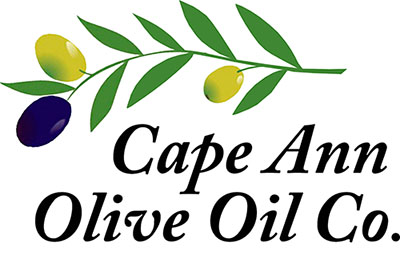
 Search
Search


